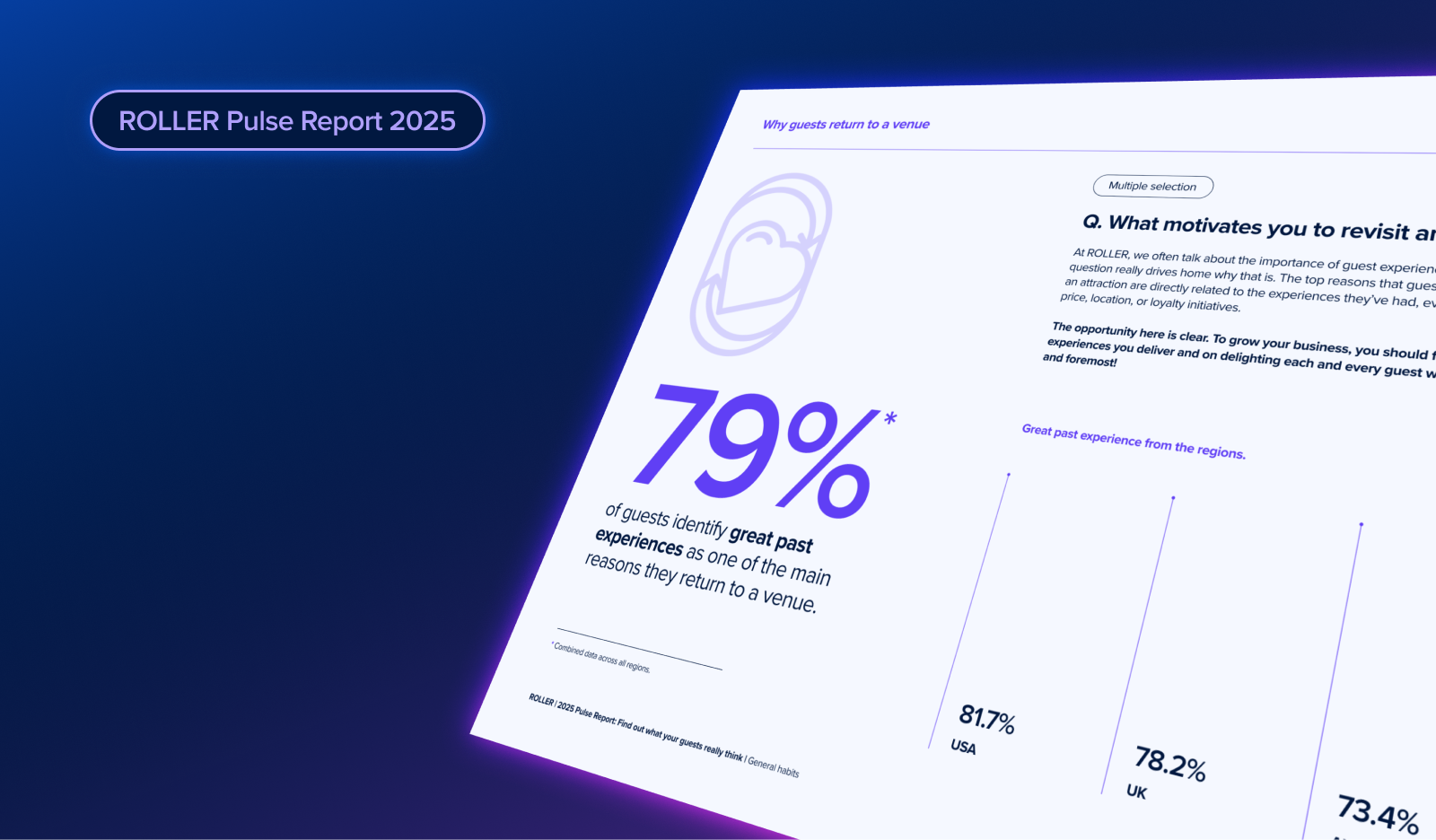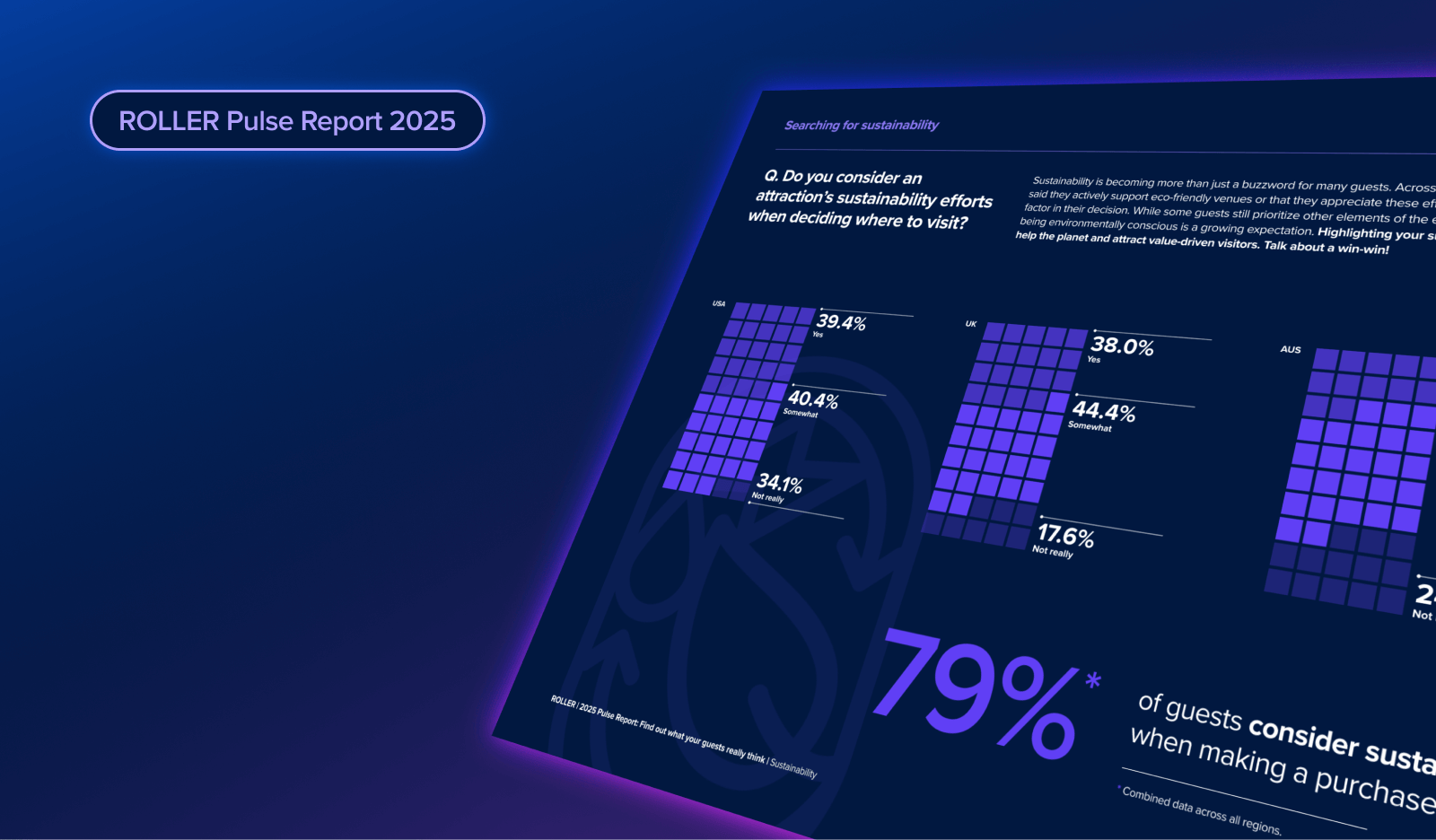The Correlation between Guest Feedback and Employee Performance

Question: does collecting, broadcasting, and acting on guest feedback help employee performance?
Spoiler alert: it does. And there is research to back it up.
In many circumstances, employees might shy away from what guests have to say. Out of concern that they might be the target of a guest complaint, the natural inclination for employees might lead them to be less driven to seek feedback from guests, or even direct them to how and where they can share feedback.
This fear of guest feedback should be on your list of stigmas to fight. Yes, it goes without saying that actively soliciting guest feedback will lead to a higher degree of guest complaints. However, by recognizing that your harshest critics are actually your greatest advocates, combined with the fact that guest complaints are the goldmine to your success, you can help your staff get over this fear and turn your service providers into data collectors.
When that happens, two amazing things occur as a result: your guest satisfaction goes up, and your staff satisfaction goes up. For your guests, negative feedback can lead to service recovery, which yields higher satisfaction. It should also lead to continual improvement of your operation that shows that you take guest feedback into consideration when implementing new strategies or improving existing ones.
For your staff, recognizing them for positive feedback and coaching them for negative feedback helps drive home the importance of what they do and stresses they have a direct impact on the experience.
There is a benefit to having this reactive strategy to guest feedback that helps guide your decisions regardless if a guest’s experience is positive or negative. On the front end, though, there are proactive measures that you can put in place to boost the chances of positive staff performance from the start. The more proactive you are, the less escalated situations you will encounter, and the less you will need to dip into your service recovery tool belt.
Almost 100 years ago in the Chicago suburb of Hawthorne, IL, a power plant conducted a study of how increased lighting might improve performance of workers on the factory floor. While the hypothesis may have been proven that increased lighting led to increased performance, the reason this study became famous was because performance actually improved just because the study was being conducted. The employees were aware that they were being monitored and that the plant owner cared enough about their performance to conduct the research, and it naturally led to a greater output
Let’s fast forward back to the present day and look at what this might mean for employees in the attractions and family entertainment industry. The “Hawthorne Effect,” as it became known, suggests that “employees, irrespective of the era they belong to, always desire to be heard and valued; this is what motivates them and ultimately enhances productivity.”
For you, this might mean taking the following actions:
- Regularly request feedback from guests to gain their perception on their experience
- Encourage staff members to seek feedback from guests so they can have a direct involvement in the feedback collection process
- Implement a third-party mystery shop program, and inform your staff that guests will be coming in anonymously to evaluate the experience and the interactions that they have with your team
- Survey your guests to continually measure their satisfaction and areas where the experience can be improved
- Spend considerable time in front of house areas and observe employees, and provide direct feedback on the spot (in constructive ways, of course)
- Embrace employee feedback as it relates to their work environment
Your employees should not be weary of the guest feedback process. If they are aware that guests will be providing their feedback and that management is committed to their success, their performance, along with satisfaction, will rise - and it will help elevate your guest experience.
Related articles

.png)
What the 2025 Pulse Report Reveals About Guest Booking Behavior at Attractions

2025 Pulse Report: How Sustainability Is Shaping Guest Expectations
Enhance your guest experience
Get free education, tips and inspiration to help you run a successful venue.